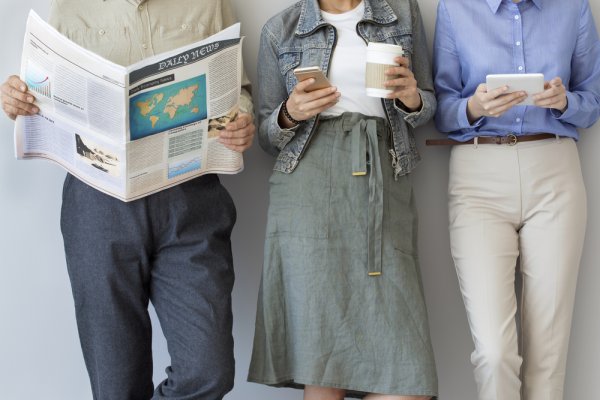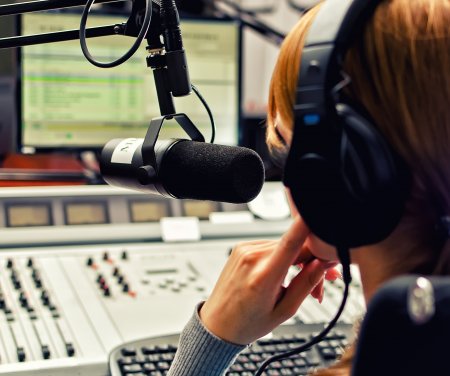Australians are increasingly familiar with the gender pay gap – now another gap has now emerged. The latest Digital News Report: Australia 2019 finds there is also a gender ‘paying’ gap when it comes to online news.
The snapshot of Australian news consumption, produced by the News and Media Research Centre at the University of Canberra, reveals that women are much less likely to pay for online news than men. Only 10% of female news consumers pay for news, compared to 17% of male news consumers. The gap is wider among younger generations where only one in eight Gen Y women (12%) are paying for news whereas one in four of Gen Y men (23%) pay.

The differences between men and women in relation to news don’t stop there. The Report points to a range of gendered behaviour in relation to news consumption in Australia.
While Australian women are equally likely to use the internet as men (90% and 91% respectively) women consume less online news and have lower interest in it. The 2019 data shows 43% of female news consumers in Australia are ‘heavy’ news consumers, which means they access news more than once a day. This is 20% lower than men, 62% of whom are ‘heavy’ news users. Similarly, only half (51%) of the women in the survey say they are interested or very interested in news, compared to 65% of men. This gap is even wider among younger generations where only 28% of Gen Z women are either interested or very interested in news and 55% of Gen Z men say they are.
women are much less likely to pay for online news than men. Only 10% of female news consumers pay for news, compared to 17% of male news consumers
Further, Australian women are more likely to avoid news and feel worn out by it than males. The survey finds 67% of female news consumers have tried to avoid the news over the past twelve months, compared to 58% of men; and nearly one third of women (32%) say they feel worn out by news compared to one quarter of men (25%)
This gendered response to news is also echoed in relation to politics. When the survey respondents were asked how interested they were in politics, almost half (45%) of men said they had a high interest in politics compared to just one quarter (25%) of female news consumers. This survey was conducted at the end of January, prior to the federal election being called, however the difference between the sexes is stark.

The way Australians access news is also gendered. Women are much more likely than men to rely on TV and social media for news, and men are more likely than women to consume news online. Among the different social media platforms, women are more likely to use Facebook for news, whereas men are more likely to use Twitter and YouTube. When it comes to listening to podcasts, women are more likely to listen to stories about crime and social issues, rather than news and politics which are of more interest to men.
These gendered findings tell us that women are choosing not to engage with news as much as men. They feel more overwhelmed by it and avoid it more.
These gendered findings tell us that women are choosing not to engage with news as much as men. They feel more overwhelmed by it and avoid it more. When they do access it, it is more likely to be in the home in front of the TV, possibly with other family members. They are also more likely to come across news on Facebook, which is also a social environment. In contrast, men are more likely to access news online in a solo fashion, possibly at work.

… the fact that female news consumers are significantly less interested in politics helps to explain some of the ‘gender paying gap
The report also tells us that those with a higher interest in politics are much more likely to have a higher interest in news and in turn are much more likely to pay for it online. Therefore, the fact that female news consumers are significantly less interested in politics helps to explain some of the ‘gender paying gap’. However, it also points to the fact that women are not connecting as strongly with the mainstream news media as men. That is not necessarily a reflection that it is not relevant to them, but a sign that women are possibly choosing greater social connection through media consumption than seeking news information.
The DNR Australia is produced by the News & Media Research Centre at the University of Canberra and provides an annual in-depth report on the state of news consumption in Australia. It is based on the results of an online survey of 2010 adult Australian news consumers. It is part of a global research project involving 38 countries co-ordinated by the Reuters Institute for the Study of Journalism at the University of Oxford. The survey was conducted by YouGov at the end of January/beginning of Feb 2019. It weighted according to ABS data for gender, age and education.




